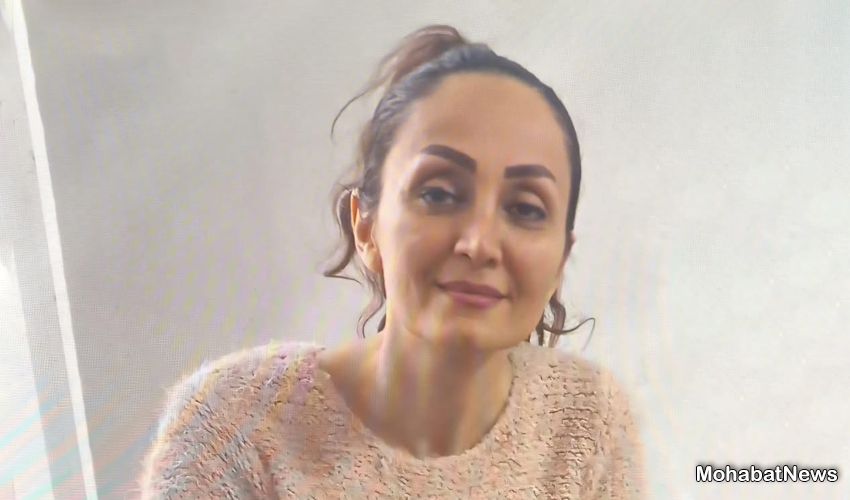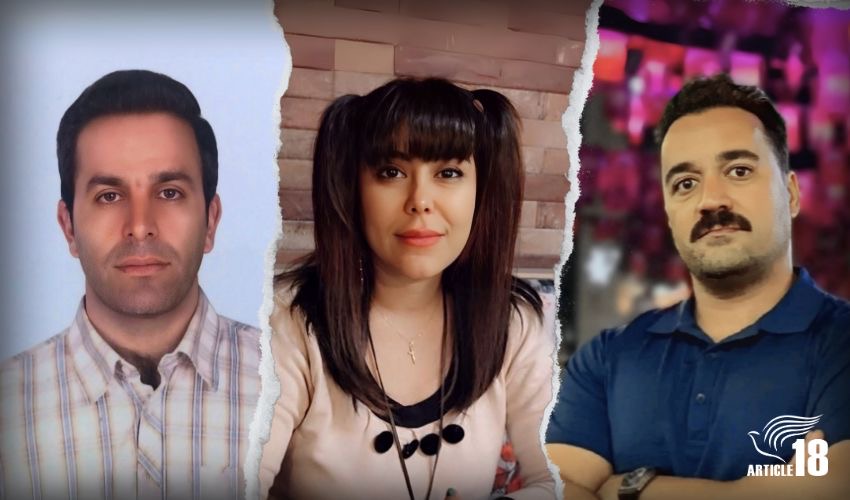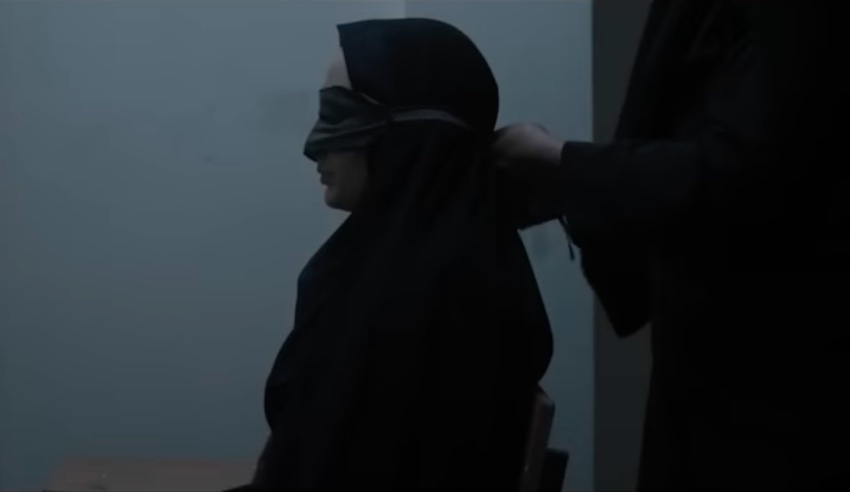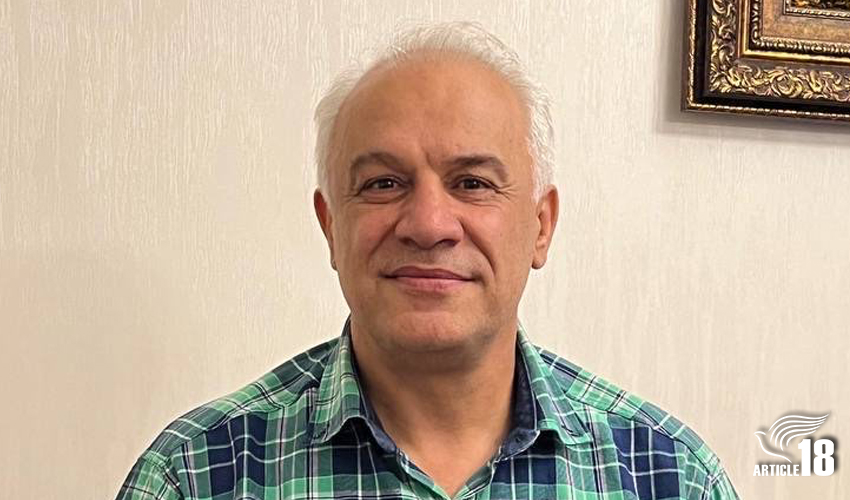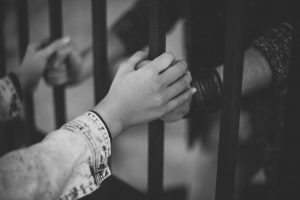
by Steve Dew-Jones | 14 Mar 2025 | News
The UN Special Rapporteur on the Human Rights Situation in the Islamic Republic of Iran says religious and ethnic minorities in the country “face systemic discrimination, including arbitrary detention [and] unfair trials”. In her first report to the Human Rights...

by Steve Dew-Jones | 11 Mar 2025 | News
A Christian convert arrested during a raid by Revolutionary Guards on a gathering of Christians in northern Iran last month has reportedly been released on bail of over $40,000, after being charged with “gathering and collusion” and “propaganda against the regime”....

by Steve Dew-Jones | 10 Mar 2025 | News
Three Christian converts including a woman pregnant with her first child have been sentenced to over 40 years in prison on charges related to their religious beliefs and worship meetings. Abbas Soori, Mehran Shamloui and Narges Nasri, who is approximately halfway...

by Steve Dew-Jones | 6 Mar 2025 | Analysis
This article, written by Article18’s news director, Steve Dew-Jones, was first published by Premier Christianity magazine and is republished in part here with kind permission. You can read the full article on Premier’s website. If you’re looking for a light-hearted...

by Steve Dew-Jones | 5 Mar 2025 | News
Iranian-Armenian pastor Joseph Shahbazian remains in detention in Tehran’s Evin Prison nearly a month after his re-arrest and continues to be denied access to a lawyer or to be informed of any official charges against him, Article18 understands. “When the initial...


